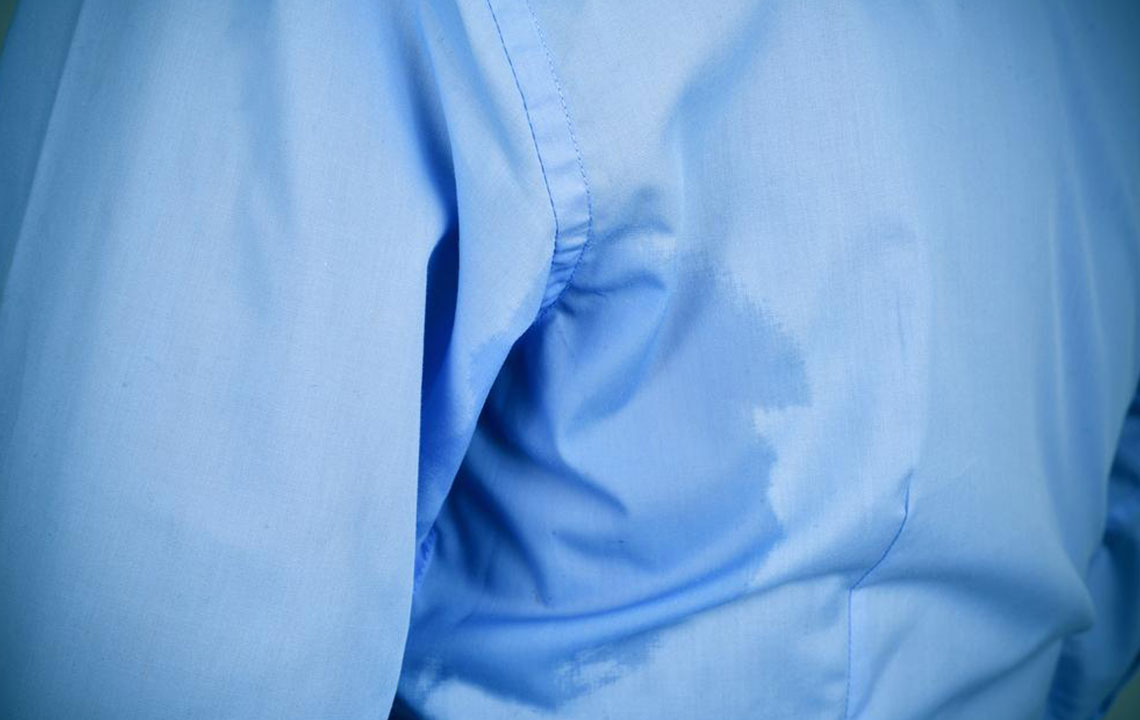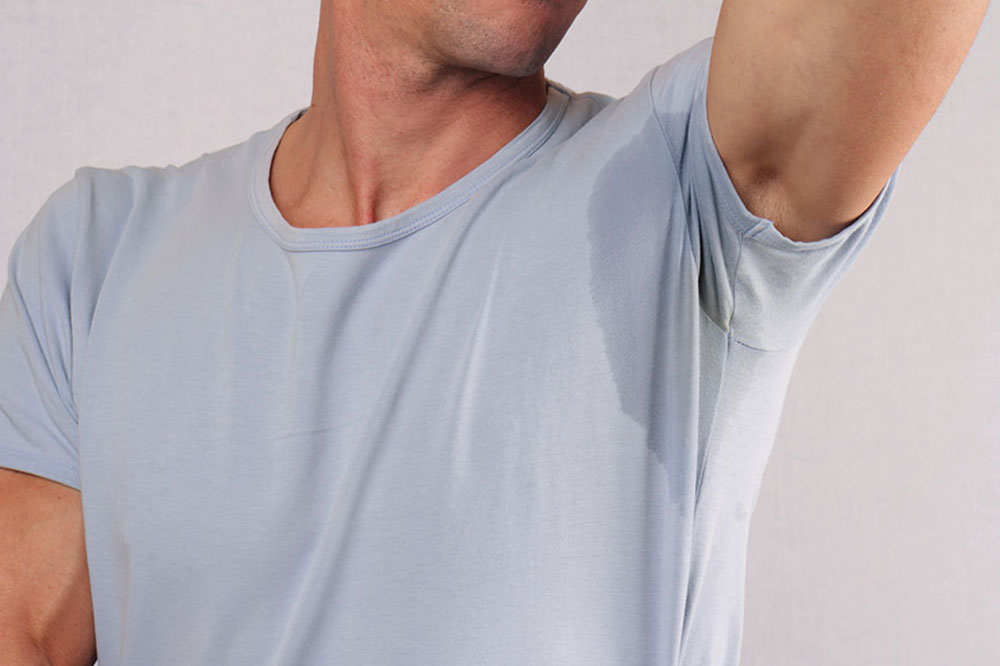Comprehensive Guide to the Causes of Excessive Sweating and How to Manage It
Excessive sweating can significantly impact daily life and comfort. This detailed guide explores various causes, including genetics, hormonal imbalances, infections, and stress. Understanding these factors helps in seeking effective treatment options. From hormonal changes during menopause to genetic predispositions and infections, discover the main triggers of hyperhidrosis and learn how to manage or reduce excessive perspiration for better health and confidence.

Comprehensive Guide to the Causes of Excessive Sweating and How to Manage It
Perspiration, commonly known as sweating, is an essential physiological process that plays a crucial role in maintaining our body's internal temperature. This natural mechanism involves the release of fluids through sweat glands located throughout the skin, helping dissipate heat generated by the body’s metabolic activities. Besides temperature regulation, sweating also facilitates the removal of certain metabolic waste products, contributing to overall health. Although sweating is a normal response to heat and physical activity, some individuals experience excessive sweating, which can sometimes lead to discomfort, embarrassment, and even social anxiety. Understanding the causes of excessive sweating is vital for effective management and treatment.
This comprehensive guide explores the various factors that can lead to heightened perspiration, from physiological and genetic influences to hormonal imbalances and external stressors. Recognizing the underlying causes is essential for seeking appropriate medical advice and adopting effective strategies to control and reduce unwanted sweating episodes.
Causes and Triggers of Excessive Sweating include:
Fever and Infections: When the body fights infections such as viral illnesses, tuberculosis, or typhoid, it can trigger profuse sweating. Fever elevation causes the body to try to release excess heat, leading to sweating episodes. As the fever subsides, sweating may continue temporarily, signifying the body’s attempt to stabilize temperature.
Genetic Factors: Some individuals inherit traits that predispose them to sweating excessively. This may be due to an increased number of sweat glands or heightened gland activity, leading to conditions like primary hyperhidrosis, a common cause of localized excessive sweating.
Additional Factors Contributing to Excessive Sweating include:
Hormonal Disruptions: Conditions such as hyperthyroidism (overactive thyroid) elevate thyroid hormone levels, intensifying metabolic processes and thereby increasing sweat production. Similarly, hormonal fluctuations seen during pregnancy or as a result of hormonal disorders can influence sweating patterns.
Menopausal Symptoms: Women going through menopause often experience hot flashes and night sweats due to declining estrogen levels. These episodes result in sudden bouts of excessive sweating, disrupting sleep and daily routines.
Psychological Stress and Anxiety: Elevated stress levels activate the sympathetic nervous system, leading to increased adrenaline production. This response can cause the body temperature to rise and trigger excessive sweating, particularly in stressful situations.
Other Medical Conditions: Diseases such as diabetes, infections, or neurological disorders can also give rise to increased perspiration. Certain medications may have side effects that include heightened sweating.
If you notice persistent or severe sweating accompanied by body odor, fatigue, or other concerning symptoms, seeking medical consultation is essential. Healthcare professionals can diagnose underlying conditions and recommend suitable treatments, ranging from lifestyle modifications and topical treatments to advanced medical procedures for severe cases.





